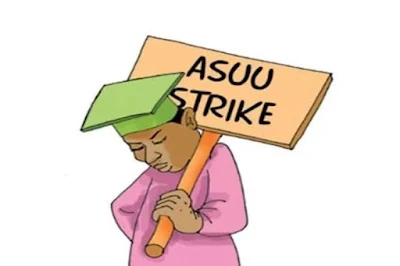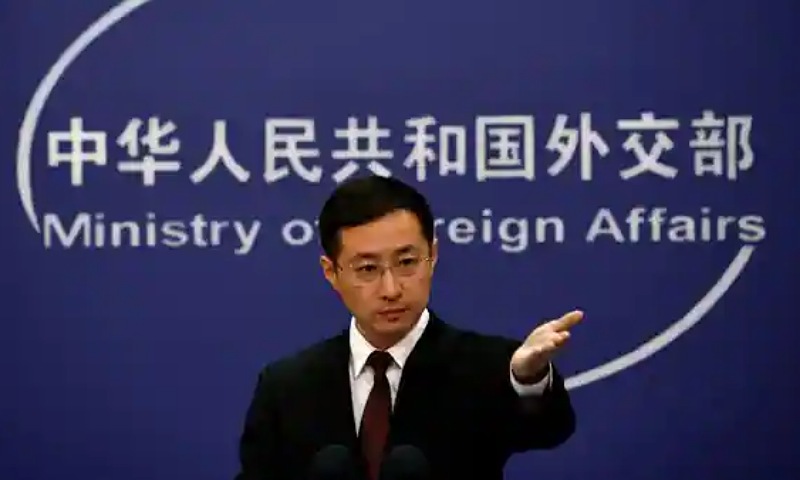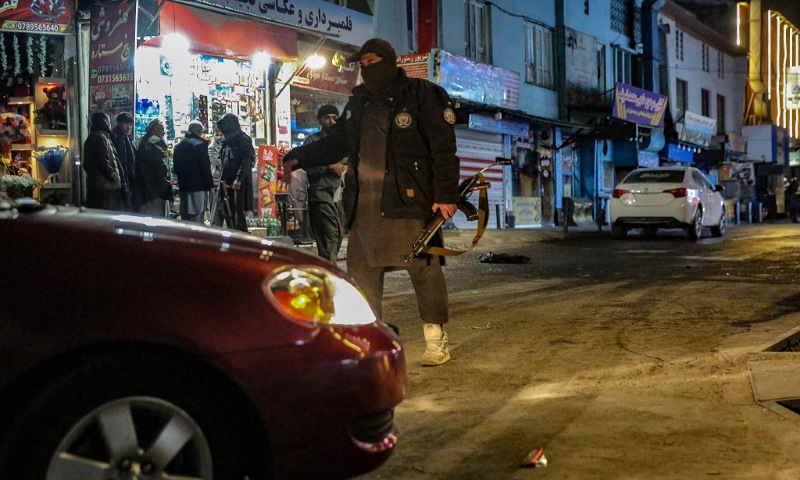The Academic Staff Union of Universities (ASUU) started a two-week warning strike across federal public universities in Nigeria on October 13, 2025. The decision followed a failed negotiation with the federal government. Lecturers have stopped teaching and academic activities until their demands receive attention.
Why ASUU Rejected the Government’s Offer
ASUU rejected the proposal from the federal government because it did not meet key expectations. The union insisted that many promises remain unfulfilled, including the full implementation of the 2009 FGN-ASUU agreement, payment of withheld salaries, arrears from delayed promotions, and the revitalization of federal universities. ASUU also raised concerns about the ongoing victimization of members in some institutions.
Government Response and Reactions
The federal government appealed to ASUU to suspend the strike and assured the public that it would review the unresolved issues. However, ASUU maintained that the promises must be backed by action, not words. Officials from the Ministry of Education also warned that the “no work, no pay” rule could apply if the strike continues.
Effects on Students and Universities
The strike has disrupted learning in several universities. Students have returned home, and academic schedules now face more uncertainty. Examinations, research projects, and administrative duties have paused nationwide. Some students expressed frustration, saying their education keeps getting delayed due to recurring strikes. Others showed support for ASUU’s decision, noting that better funding and fair treatment could improve education quality in the long run.
Ongoing Negotiations and What Lies Ahead
Talks between ASUU and the federal government continue as both sides search for a compromise. Many education stakeholders are urging quick intervention to prevent a longer shutdown. Observers believe that meaningful dialogue and transparent action could help both parties find common ground and restore stability to the university system.
Conclusion
ASUU’s two-week strike reflects deep frustration within Nigeria’s university system. The union wants reforms that will secure better pay, fair treatment, and improved learning conditions. For lasting peace, both sides need to prioritize honest negotiation and swift implementation of agreements. Until that happens, students remain the biggest victims of the ongoing dispute.
Bonus Read: ASUU Mobilises Chapters for October 13 Warning Strike Across Nigerian Universities




One thought on “ASUU Rejects FG Offer, Launches Two Week Strike”